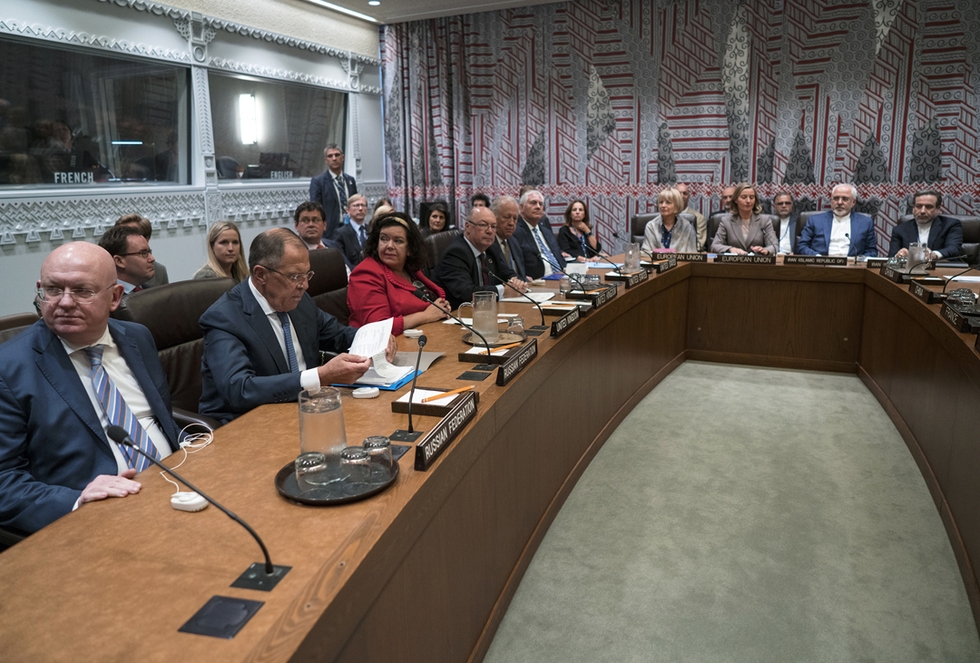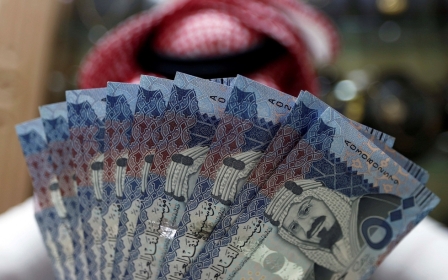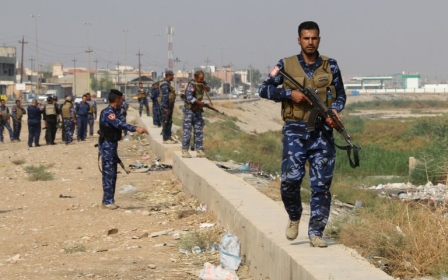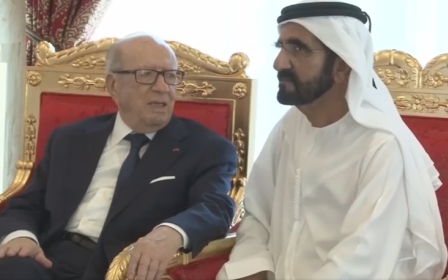ANALYSIS: Iran nuclear deal may be dead within weeks

The Iran nuclear deal could be dead by mid-October, and the potential collapse of the agreement, which lifted sanctions on Iran last year, may send crude prices higher by $10 a barrel.
This is the assessment of one analyst who both understands how the politics of Washington work and also has deep knowledge of the global energy market.
“We think the US will not certify the current deal,” says Joe McMonigle, senior energy policy analyst at Hedgeye in Washington DC and former chief of staff at the US Department of Energy.
Each quarter, the parties to the nuclear agreement need to determine that everyone is doing what they said they would, he explains. The next certification is scheduled for the middle of October at which point McMonigle sees US President Donald Trump refusing to endorse.
“The US will largely claim that there hasn’t been the access to military sites,” he says, and hence he would use that as an excuse to nix the deal as a whole.
After the certification is denied, Iran will be hit with sanctions probably be the end of the year, McMonigle says.
His call that the deal has only months to live comes hot on the heels of Trump’s fiery speech to the United Nations General Assembly that took direct aim at Iran, calling it a “murderous regime”.
“The Iran deal was one of the worst and most one-sided transactions the US has ever entered into. Frankly, that deal is an embarrassment to the United States, and I don't think you've heard the last of it. Believe me,” Trump said to the delegates at the UN in New York.
'No love' for Iran deal in Congress
That passage from the speech does more than hint that the administration will be looking into the deal further, and may even result in nullifying the agreement.
“I think the Trump administration’s position is that they want to look at the totality of Iran’s bad behaviour as opposed the compartmentalised view taken by Obama’s,” says Thaddeus McCotter, a former Republican US Congressman from Michigan’s 11th district, and who also was Republican House policy chair for two terms.
“There is no love for this pact in Congress,” he says. “I would see sanctions on Iran passing in Congress if they are proposed.”
Will other countries follow the US in imposing sanctions? It depends on the countries in question, but in the end, it may not matter whether there is international support or not, at least where the oil market is concerned.
US sanctions would most likely hit at a key source of revenue for Iran, namely oil exports.
“You need customers for this oil,” says McMonigle. “It won't impact the oil production, but they need customers.”
And those customers may be a problem.
You need customers for this oil
- Joe McMonigle, Hedgeye senior energy policy analyst
The real issue is that there are plenty of multinational corporations that want to continue doing business with the US. As a result, they will not want to entangle themselves with Iran’s economy in the event that Washington passes sanctions.
For instance, European oil companies, such as BP and Shell both have operations in the US, which they will want to continue even if the European Union doesn’t back sanctions. Therefore, they, like other such companies, will likely avoid buying or selling anything to Iran while US sanctions are in place.
With few well-heeled customers wanting to buy crude there’ll be less of it hitting the global market.
When Iranian oil came back to the world market last year, it added around 800,000 barrels a day to global supply in the first few months of the year, says McMonigle. So if sanctions get enacted, one would expect a similar amount to disappear in quite a short time once again.
The global market for oil is one that is finely balanced, so even relatively small changes in supply can have quite large effects on prices.
McMonigle sees sanctions adding $10 or possibly more to a barrel of crude.
Future prices for light sweet crude were recently trading at around $50 a barrel on the CME, so a jump of $10 would mean a $60 price tag.
It is also quite common to see initial market reactions to a drop in supply result in a price overshoot. That’s why McMonigle sees the possibility of even higher prices than $60.
Of course, none of this is to say that Iran won’t be able to sell oil at all. He expects the main country to aid in helping Iran’s oil leak onto the world market will be Russia, which has historical ties to Iran. In addition, Iraq may possibly be involved through its southern ports.
While the sanctions will squeeze Iran financially, the increase in oil prices will be a boon to neighbouring Saudi Arabia and Iraq. As Middle East Eye recently reported, Saudi is struggling to refocus its economy away from oil due to a lack of oil revenue. The likely higher crude prices will help increase the treasury coffers and help fund the retooling of that economy.
Saudi Arabia produced 12.1m barrels of oil a day in 2015 according to the Energy Information Administration, so it should be clear that an additional $10 a barrel would bring in a lot more much-needed cash.
Likewise, Iraq, which the EIA said produced 4.1m barrels a day in 2015, will benefit from higher prices for oil.
Of course, the forecast that oil prices jump is predicated on the idea that members of the OPEC cartel don’t all start to produce more oil than their quotas allow. Such a move, which has happened in the past, would mean more supply and send prices back down again.
Whatever comes to pass, it promises to be an interesting few weeks geopolitically.
This article is available in French on Middle East Eye French edition.
New MEE newsletter: Jerusalem Dispatch
Sign up to get the latest insights and analysis on Israel-Palestine, alongside Turkey Unpacked and other MEE newsletters
Middle East Eye delivers independent and unrivalled coverage and analysis of the Middle East, North Africa and beyond. To learn more about republishing this content and the associated fees, please fill out this form. More about MEE can be found here.




